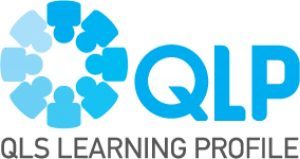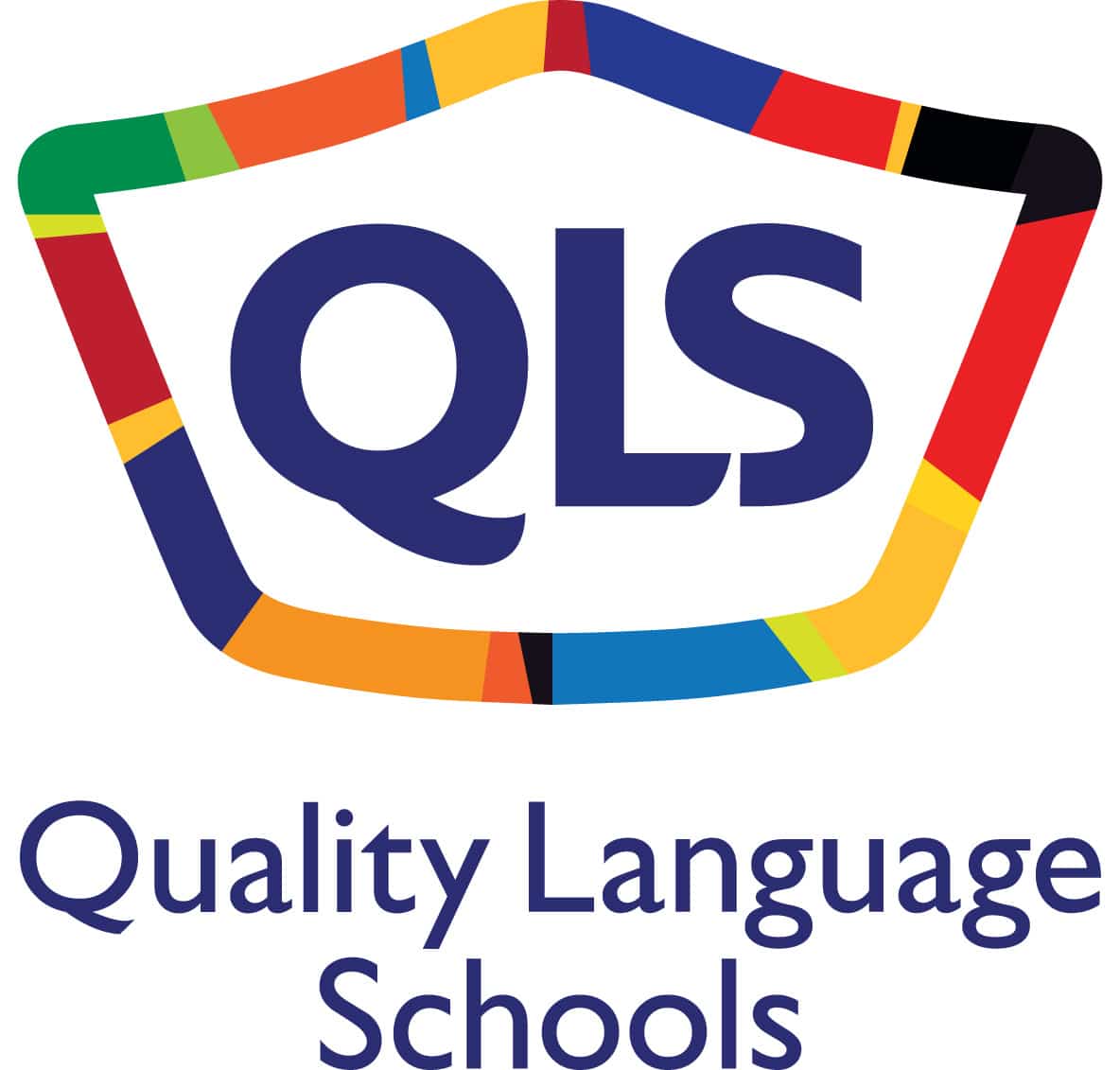
LEARN HOW YOUR LEARNERS LEARN – The QLP Way
QLP – QLS Learning Profile
(Presentation of QLP at the EAQUALS conference in Lisbon by Asimenia Featham and Panagiota Bourtsoukli)
As part of the QLS on-going effort to improve language teaching with educational projects that will make a difference, it was realized that very little has been written or done in order to apply or promote Gardner’s theory of Multiple Intelligences in the Foreign Language classroom, as opposed to hundreds of books and other material available for its implementation at all levels of education.
QLS, always keeping abreast of the times, proceeded to cooperate with the Ariston Computer Academy scientific team, which has developed a series of state-of-the-art, psychometric tests which are the result of university research in Greece and Europe and have been created with the support of the European Union. QLP, the Ariston MI test, is certified by the University of Nicosia, is weighted and standardized for all EU countries and normalized to allow for the norms of each country on a global basis. The test is already available in 11 languages (more are added every year) and is internationally recognized as a valuable language teaching tool, as it is designed to identify a person’s individual learning profile in accordance with Gardner’s eight intelligences (Verbal/Linguistic, Visual, Acoustic, Logical-Mathematical, Intrapersonal, Interpersonal, Kinesthetic, Naturalist). “Gardner’s work on intelligence can profoundly affect the way we view our pupils.” (Berman M. 2002:199)
According to Armstrong T. (2009), children begin to show proclivities towards specific intelligences from a very early age and by the time they start school they have established ways of learning. Ideally, we should know which intelligences are more developed so that most of their learning takes place through their dominant intelligences. This is where QLP proves its worth! It shows us how our learners learn.
QLP is not an IQ test so it does not show how smart our learners are but how they are smart.
Since September 2015 over 3000 language learners in QLS schools have taken the QLP test. After being assigned a personalized code, learners answer the online questionnaire especially adapted to take into consideration their age, sex and nationality but also how sincere they were in their answers or how fast they answered. The answers are automatically analyzed by an expert system (Yannakoudakis) and a 16-page, personalized, detailed report which analyses their preferred and ideal way of learning and studying, is produced. The results of the tests have proved particularly revealing and invaluable to parents, learners and teachers alike.
Moreover the sample of 3000 learners from different parts of Greece (the number is increasing) provides very revealing statistics as to the learning profile of the Greek Learner according to age, sex, area, information extremely useful to the Ministry of Education, course designers, educational material writers and generally everybody involved in education. The results of the statistics, together with a detailed analysis, will be made available at the QLS Conference in November 2016.
Educational systems (the Greek system included) are often competitive-oriented and exam-oriented with traditional linguistic and logical-mathematical learning valued so much that it is often difficult to change people’s, especially parents’, attitudes to learning. The essence of uniform schooling as Gardner (1999) puts it, is the belief that every individual should be treated in the same way: study the same subjects in the same way and be assessed in the same way. At first, this seems fair as no one has special advantages. However, we all look different from each other, we have different personalities and above all we have different kinds of minds with no two people having the same combinations of the eight intelligences. Moreover, it is important to know that there are no superior or inferior intelligences but different combinations of intelligences and that some of them are more developed than others, these being our dominant ones which promote optimum learning.
The results of the QLP test are used in the following ways:
Briefings
Appointments are arranged, and trained consultants explain the significance of the individual learner’s profile and analyze the implications so that both learners and parents can better understand how learning takes place, and thus be in a position to provide suitable conditions. Parents, like teachers, can influence learners in a negative way if they impose their own learning style and thus interfere in the whole learning process. It is important that teachers themselves take the QLP test to identify their own learning profile, as this knowledge will enable them to focus on the learners’ needs without interference.
Mapping of Learning Profiles of Groups and differentiated instruction.
After collecting the learning profiles of individual learners, the collective profile of each group is mapped in order to see the dominant intelligences of the group. No two groups are the same and there is no single way to teach all the groups of a class. We need to recognize the varied intelligences, their many combinations unique in each individual and respect the multiple variations in the ways people learn. No one teaching method will work best for all learners at all times, so what may be very successful with one group of learners may be less so with another group. Trained teachers first need to identify what intelligences the tasks of a particular lesson cater for and then adapt some to cater for the profile of the particular group. Since course material is written for the wider market and never with a particular group of learners in mind, it is the teachers who, if necessary, need to adapt the material and shift their intelligences emphasis from time to time during the lesson so as to ensure that each learner’s dominant intelligences are catered for through active involvement in learning at some point during the lesson. As Puchta H. and Rinvolucri M. (2005 p.16) state, “Your students’ motivation depends partly on how “addressed” they feel in your class and on how meaningful they think the activities in your class are to them. If your teaching focus is on the linguistic domain only, you will get excellent results with a minority of students who are strong in this area.” QLP reveals the positive qualities of learners and how they learn while differentiated instruction provides practical ways for a learner to experience success in the classroom.
If some of our learners do not learn the way we teach them, it is only fair that we try to teach them the way they learn.
Asimenia Featham, Dip. Trans. Institute of Linguists, MSc TE Aston University UK, Language school owner, Director of Studies and teacher-trainer, Chair of QLS, the Network of Quality Language Schools in Greece.
BIBLIOGRAPHY
Armstrong Thomas (2009) Multiple Intelligences in the Classroom. ASCD Alexandria Virginia USA
Berman M., (2002) A Multiple Intelligences Road to an ELT Classroom Crown House Publishing Ltd
Gardner, Howard (1999), Intelligence Reframed, Basic Books.
McKenzie. W (1999a) “It’s not how smart you are –It’s how you are smart” http://surfaquarium.com/Mi/nine_intelligences,pdf
Puchta H., Rinvolucri M., (2005) Multiple Intelligences in EFL , Helbling Languages
Yannakoudakis John E., Yannakoudakis Irene, E., Yannakoudakis Helen E., Papadourakis Giorgos (2014), Using an Expert System to Automatically Map the Learning Profile of Individuals, The Sixth International Conference on Mobile, Hybrid, and On-line Learning, eLmL, pp. 8-13, March 23-27, Barcelona, Spain.
